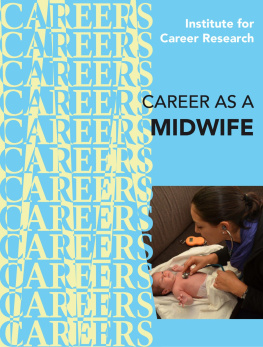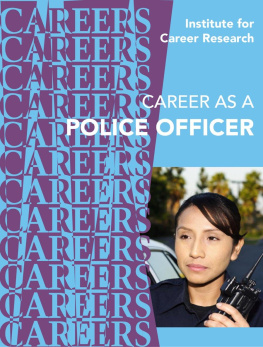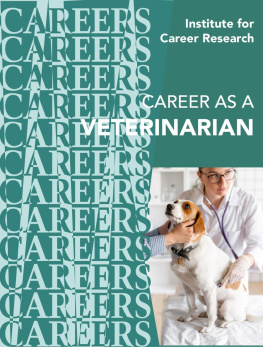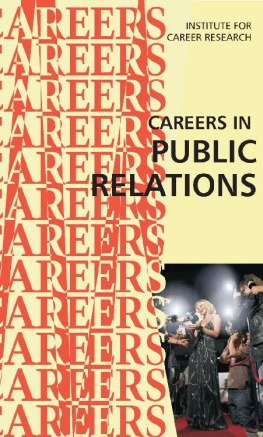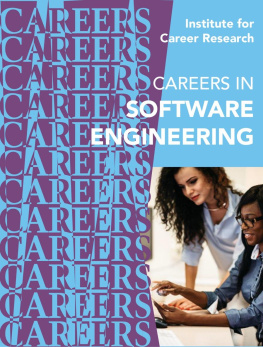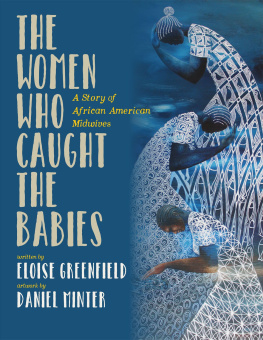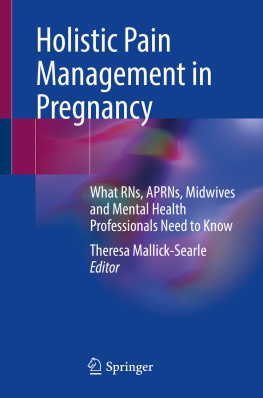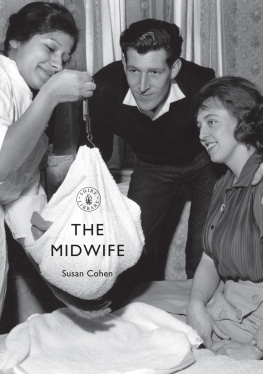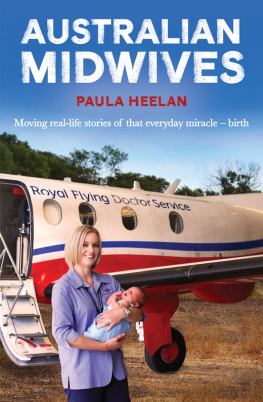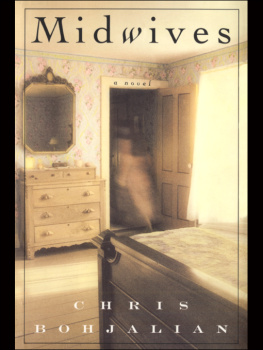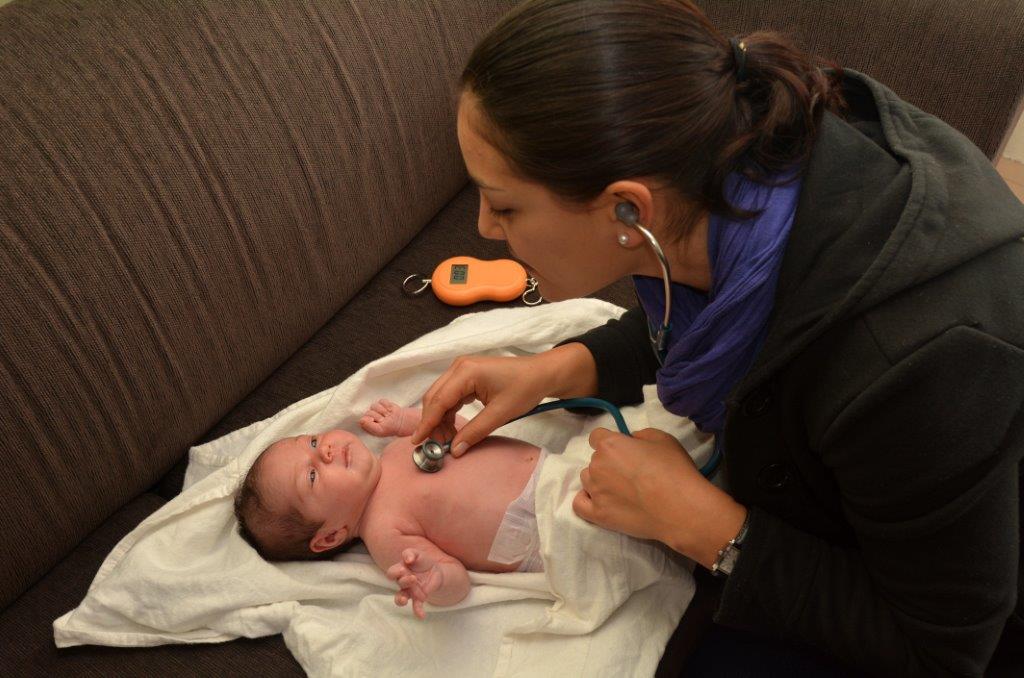
CERTIFIED NURSE-MIDWIFE (CNM) DIRECT-ENTRY MIDWIFE (CM, CPM)
Earnings
- Entry level: $25,000
- Median salary is around $110,000 a year
- $150,000 or more in some areas of the country.
Traits Required
- Enjoy working up close & personal with people
- Must be independent & accept responsibility for all your actions & decisions
- Have excellent communication skills, be observant & be a good listener
- Be strong in the most gentle of ways
- Exude an aura of confidence & composure
- Must be well-educated and experienced to advise on a pregnancy and deliver a baby
- Must have kindness & compassion when everything is right & when everything is wrong
- Must love what you are doing
The Work You Will Do
- Routine physicals
- Monitor the growth & development of fetuses
- Prepare women for natural births at home
- Work with women to lessen fears about the pregnancy & to cope with its physical & emotional aspects
Where You Will Work
- Hospitals
- Clinics
- Birthing centers
- Private homes
Education Required
- Certificate program in nurse-midwifery
- Master's degree program for nurse-midwifery
Pluses
- Part of the birthing process
- Opportunity to help improve the condition of expectant mothers
- practice in a variety of safe and clean places
- You are recognized for your professional status
- Positive impact
Minuses
- Too much responsibility, not enough respectability
- Hectic & stressful
- Can be an emotional roller coaster
- Difficult to find time for yourself & have a personal life
- Education & training are ongoing
- Carry your own expensive healthcare and insurance package
- Burnout
Introduction
Some say midwifery is the worlds oldest profession. You likely know what midwives do: they deliver babies. They have been doing that since the beginning of human history. Throughout the millenniums, midwifery knowledge and skills were passed down from one generation of women to the next. By contrast, todays midwives are highly trained and licensed healthcare professionals with the expertise to help women stay healthy before, during, and after pregnancy. They share a holistic philosophy of care that encourages a more natural approach to childbirth, free of medications, incisions, and other invasive procedures.
There are two basic categories for American midwives: certified nurse midwives (CNMs) and direct-entry midwives (DMs). The main difference is the level and type of training. CNMs are registered nurses (RNs) who have earned a graduate level degree in midwifery. Their nursing training allows them to provide a broad range of services. A CNM can be a primary caregiver, managing a womans health throughout her lifespan from adolescence through menopause. In fact, CNMs only spend about 10 percent of their work time on dealing with childbirth. DMs are also highly trained, but they are not nurses. They are limited by what they can do and therefore, focus solely on the childbearing process.
The vast majority of midwives are CNMs. Though the requirements and procedures vary, every state licenses CNMs. Most work in hospitals and that is also where most babies delivered by midwives are born. By contrast, DMs account for only 10 percent of midwives. A number of states prohibit their practice and they rarely work in hospitals. They largely work in settings outside of formal medical care facilities, including womens homes. In many areas of the country, they are welcomed because their services are badly needed.
Both CNMs and DMs are in demand and the future looks exceptionally good. Women of all backgrounds are rejecting the outdated notion that childbirth is a pathology that requires medical intervention. The result is a projected increase of over 30 percent in jobs for midwives in the coming years, which is four times greater than the average job growth rate for all occupations combined. Demand will be higher in inner cities and rural areas, but opportunities are everywhere.
The level of salaries typically follows the level of demand and midwifery is no exception. American midwives earn a comfortable living with a median annual income of $100,000. Individual earnings vary by location, training, work setting, and other factors. The salary range of the majority is between $80,000 and $120,000.
Midwifery is an ancient practice that combines old wisdom and current scientific research. It is a messy business that can be exhausting and stressful at times. Bringing beautiful new babies into the world is a vocation that offers unique rewards to those who answer the call.
What You Can Do Now
There is more than one way to become a midwife. The path you choose will determine what kind of training you need and where you ultimately will practice. Some midwives have nursing degrees, others do not. Some follow an apprenticeship model, others do not. Some are qualified to work in hospitals, others work in homes and/or birth centers.
Any path you choose will require a solid educational foundation that starts in high school. The most important classes to take include advanced math and science, such as biology, anatomy, and chemistry. Of course, anything that is health or childcare related will also be extremely useful. Research the admission requirements for your schoolingand make sure you include any prerequisite classes as well. You will likely need to meet a minimum GPA, so learn good study habits and keep your grades up.
You will eventually need CPR and First Aid certifications. Get a head start by taking beginning courses now. These classes are commonly offered by local fire departments, county health facilities, and community colleges.
Before making any big decisions, talk to some experienced midwives. They can be found through LinkedIn or your local hospital. Start by asking for an informational interview. You can gain insights while chatting over a cup of coffee. Midwives are usually passionate about their work and are quite willing to talk about their experiences and offer advice. To find out if you are really cut out for this profession, ask if you can job shadow. If you are lucky enough to attend a birth, you will know for sure if midwifery is the life for you.
Most midwife training programs require volunteer experience. You can find volunteer opportunities at your local hospital or birth center. This is a great way to see first hand what a midwife does before, during, and after a birth. It is also a good opportunity to make connections with midwives, doctors, and nurses that may help you on your journey.
As a midwife, you will be working with a diverse population from a variety of backgrounds. Your success will depend on how well you relate to people and how quickly you can build rapport and trust. One of the best ways to develop strong interpersonal skills is through a part-time job in a service industry like retail or hospitality.
History of the Profession
It could be said that midwifery isthe worlds oldest profession since midwives have been delivering babies for as long as babies have been born. Their history, which winds through thousands of years, is filled with misconceptions and drama. Whether they were welcomed or shunned often depended on where in the world they were located. Some societies have always revered midwives, acknowledging their wisdom and respecting their contributions during the most important moments in the human life cycle. Other societies, including our own, have persecuted midwives, accusing them of evil deeds like witchcraft, and preventing them from practicing or even sentencing them to death.
Next page
